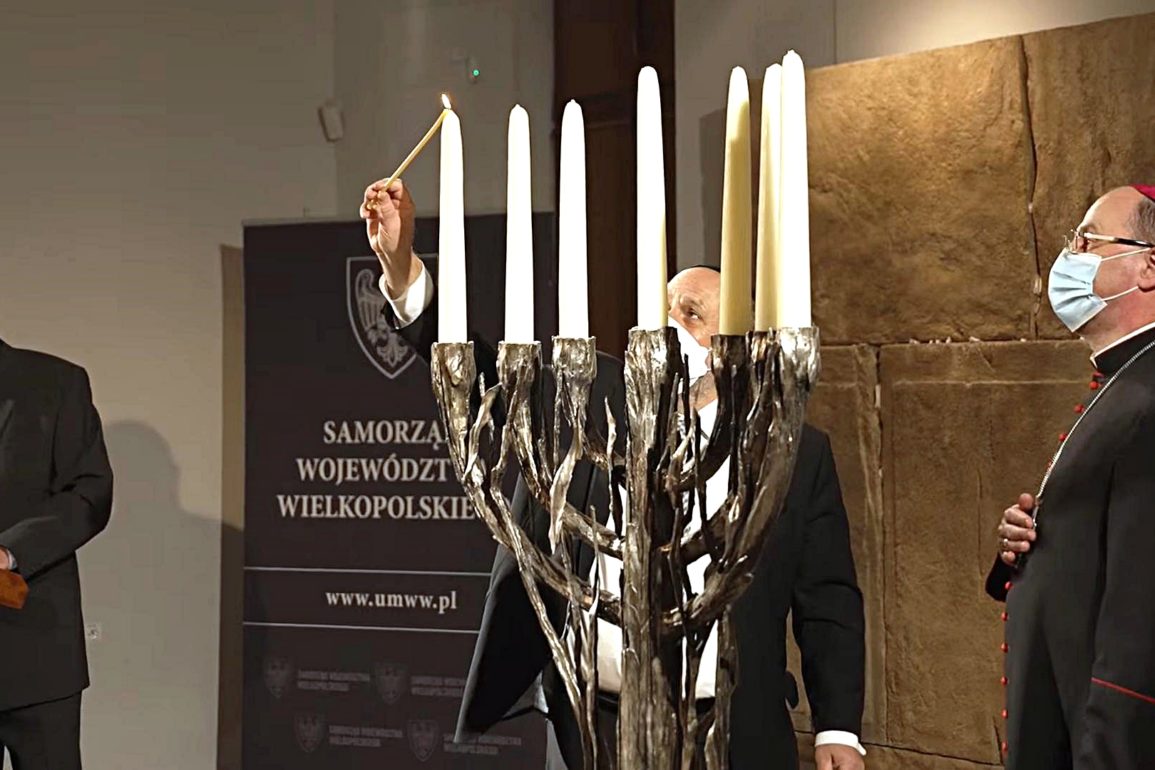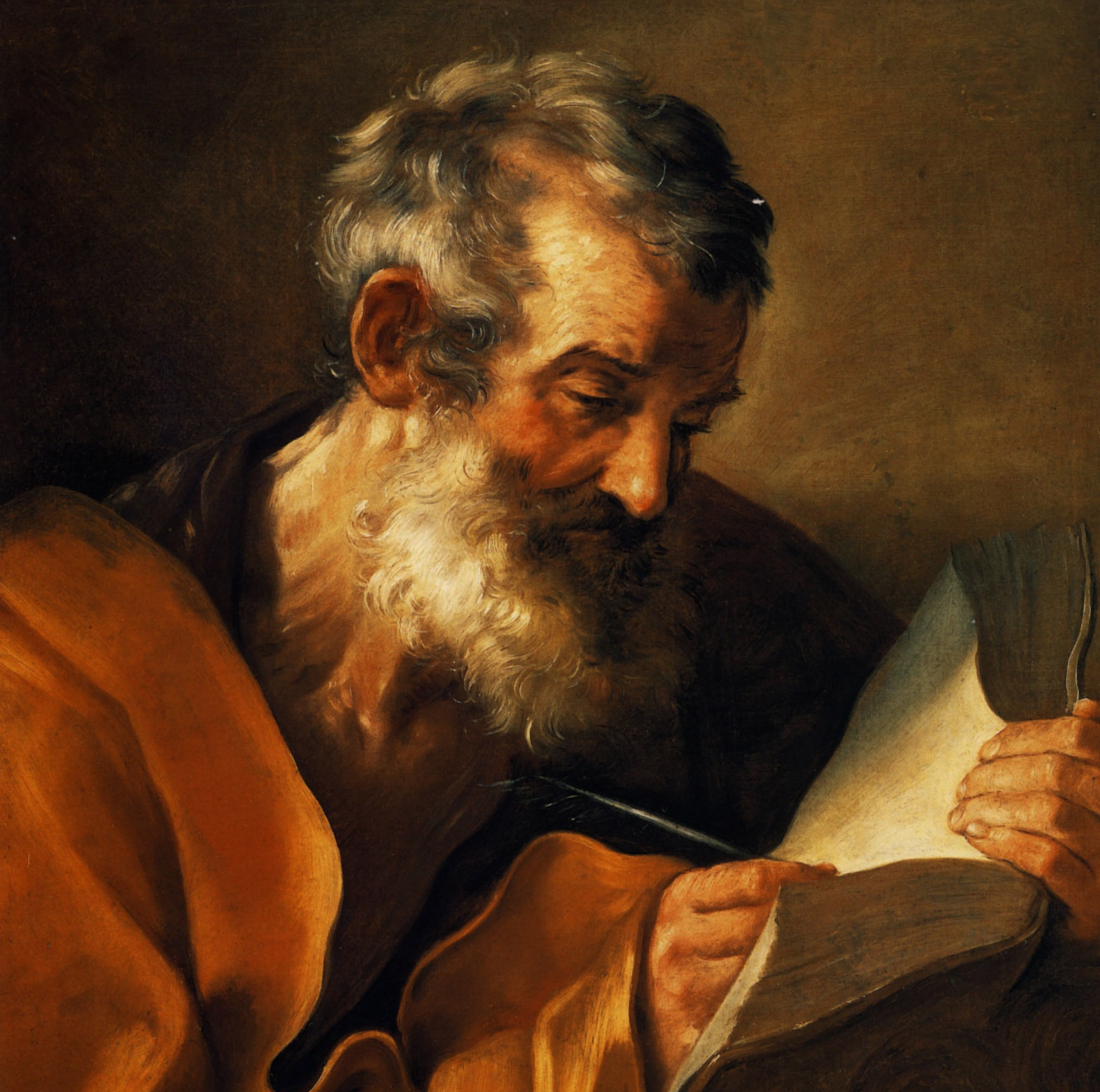“In our time, anti-Semitism is anti-Christianity, and anti-Christianity is anti-Semitism,” said Rabbi Abraham Skorka of Argentina, a friend of Pope Francis, on the occasion of the XXV Day of Judaism in the Catholic Church celebrated in Poland on January 17th.
On January 17th, the Archdiocese of Lublin, John Paul II Catholic University of Lublin, and the Archdiocesan Center for Catholic-Jewish Dialogue in Lublin organized a meeting devoted to the relations between Christians and Jews. In the event, which was broadcast on the Internet, Prof. Abraham Skorka delivered a lecture entitled “The Jewish-Catholic Dialogue 56 Years After Nostra Aetate.” Recalling the significance of Nostra Aetate—the Church’s declaration regarding Judaism, among others, published in 1965—, the Rabbi also discussed the multithreaded and centuries-old history of Jewish-Christian relations. Referring to the current situation, he emphasized: “The process of removing the Bible from the consciousness of the Western world continues. It is precisely in the issue of saving the brilliance of the Hebrew Bible in people’s minds that Jews and Christians are called to work together. None of us can do it alone.”
At the gathering, which was also attended by representatives of the Jewish community in Poland, Lublin’s Metropolitan Archbishop Stanislaw Budzik also took the floor, highlighting St. John Paul II’s contribution to the dialogue with Judaism and the purpose of this day, intended “to deepen the awareness of the Judaic roots of Christianity—to meet in a spirit of brotherhood and prayer with the local Jewish community.”
“The contacts between Catholics and followers of Judaism must be based on respect and dialogue, for they lead to mutual acceptance and understanding,” said Fr. Prof. Mirosław Kalinowski, Rector of the Catholic University of Lublin. He also emphasized that anti-Semitism is a grave sin that contradicts the Gospel and the teaching of the Catholic Church. “At the same time, we have the right to respect and tolerance for our system of values,” he added. He recalled that work is currently underway at the Catholic University of Lublin to establish a Center for the Study of the rescue of Jews by Poles and the rescue of Poles by Jews under the totalitarian systems.
During the meeting, the contributions to the Polish-Jewish dialogue of Fr. Grzegorz Pawłowski, who as a Jewish boy—Jakub Hersz Griner—was saved by Poles during the Holocaust, were recalled. After the war, he stayed in the orphanage of the Benedictine Sisters, and after passing his high school diploma, he entered the Major Seminary in Lublin and was ordained a priest on April 20th, 1958. Fr. Grzegorz Pawłowski died last year in Israel, where he had been pastor of the Polish community since 1970.
The prayer of Christians and Jews, a common biblical service, and a review of the 25-year history of the Day of Judaism were the main points of the central celebrations of the Day of Judaism, which took place in Poznan.
The Jewish perspective on this quarter of a century of the Day of Judaism was outlined by Prof. Stanisław Krajewski, co-chairman of the Polish Council of Christians and Jews, and the Christian perspective was presented by Prof. Jan Grosfeld, member of the Committee for Dialogue with Judaism of the Polish Bishops’ Conference and winner of this year’s “Menorah of Dialogue” award, granted by the Association Coexist and the Signum Foundation for “bringing people, cultures, religions and nations together.”
Prof. Krajewski asked whether it has been possible during this time to build mutual respect and sensitivity to the other’s point of view among both Catholics and Jews. “There is no simple answer to this question. The most general context is the history of Christian-Jewish relations of the last 2,000 years, and from that perspective, current relations are more than good, and the Day of Judaism is a miracle. It was once unimaginable,” he concluded.
Reflecting on the words from the Book of the Prophet Isaiah: “My thoughts are not your thoughts,” the motto of this year’s meeting, rabbi Michael Schudrich, the Chief Rabbi of Poland, spoke about God’s mercy. He pointed out that, if a person who has sinned but asks God for forgiveness, he can expect God to show him mercy. “This is a great lesson for us because when someone is harmed harm by another person, he should forgive him, he should be merciful as God is merciful,” said the Chief Rabbi of Poland.
Archbishop Grzegorz Ryś, in turn, commented on a passage from the Gospel of St. Luke in which Jesus speaks about loving one’s enemies. He pointed out that, in our consideration of the words of the prophet Isaiah: “My thoughts are not your thoughts,” we are invited to go beyond our own thinking and what we would like to call the principle of justice.
At the end of the biblical service Archbishop Wojciech Polak, Primate of Poland said that the 25th anniversary of the Day of Judaism “should lead us towards what does not end, to the eternity of God, before Whose face we stand. This is also the source of our hope and joy.”
The Day of Judaism in the Catholic Church in Poland was established in 1997 by the Polish Bishops’ Conference on the initiative of Archbishop Stanislaw Gądecki, the current President of the Episcopate. It is celebrated on January 17th, on the eve of the Week of Prayer for Christian Unity. Its aim is to foster Christian-Jewish dialogue, as well as prayer and reflection on the relations between the two religions. The motto for this year’s celebration was the quote: “My thoughts are not your thoughts” (Isa 55:8).










